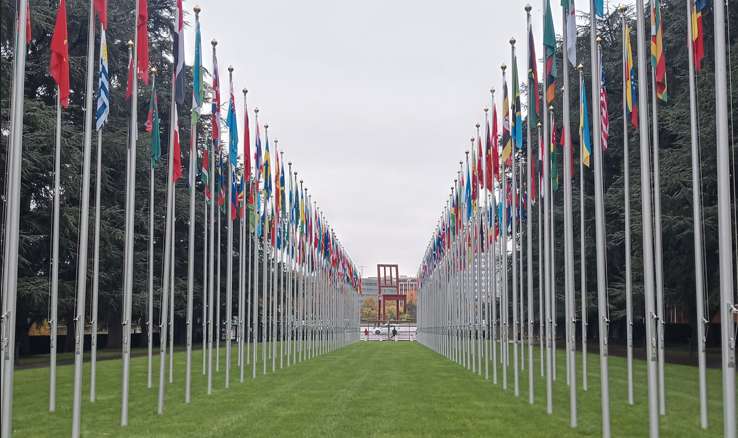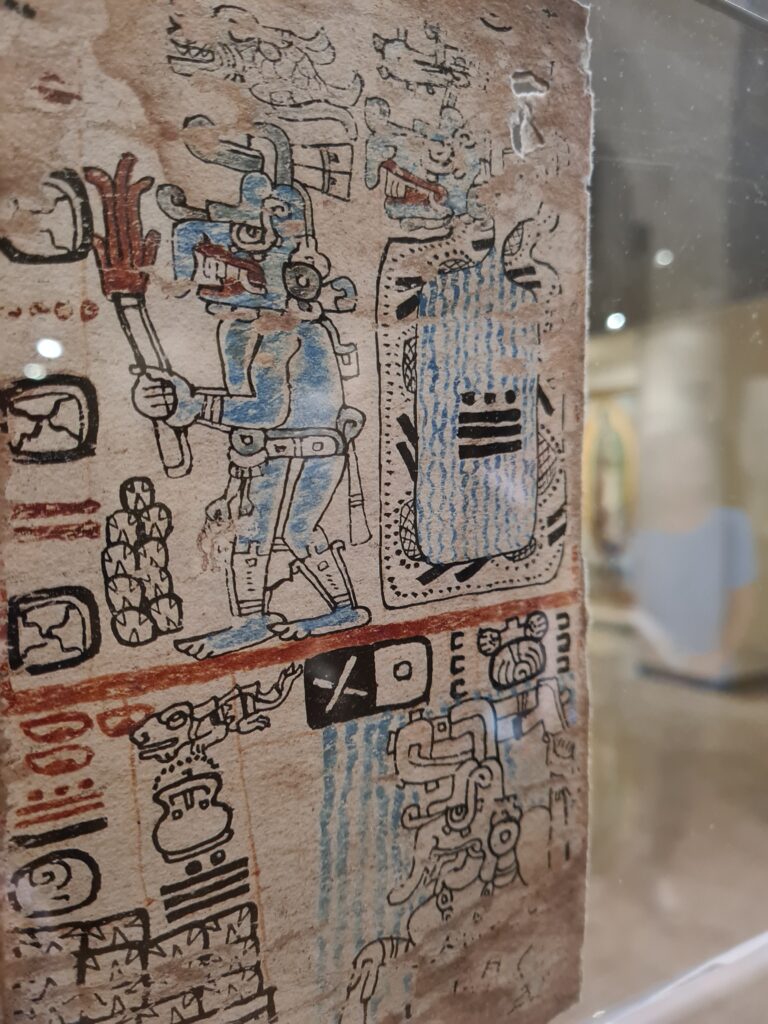
14 Jul 2023. United Nations ‘Fieldwork’ – Geneva
2023. United Nations 'Fieldwork' - Geneva

In the coming days I will be honored to attend the 16th session of the Expert Mechanism on the Rights of Indigenous Peoples (EMRIP) to be held at the Palais des Nations in Geneva, Switzerland. The session has the particularity of coinciding with the march commemorating the 100th anniversary of the visit of Chief Deskaheh, an Indigenous delegate to the League of Nations (predecessor of the UN). The march co-organized by the Haudenosaunee Confederation will include a number of Indigenous delegates from around the world. Indigenous participation in human rights spaces has improved substantially since the 1970s. Although the symbolic origin of Indigenous advocacy can be traced to the visit of Chief Deskaheh in 1923.
One of the most significant rights achievements has been consolidated in the UN Declaration on the Rights of Indigenous Peoples. The Declaration is a watershed in many ways. Among others, it has been decisive in the reconfiguration of the relationship with States and also in the expansion of the notion of human rights as we know it in the 21st century.
This expansion in terms of rights has been boosted since the NGO Conference on Discrimination against Indigenous Peoples in the Americas in Geneva in 1977. The role of hundreds of Indigenous delegates over the past decades has been key to pushing legal concepts from a pluralistic voice.
Within the RIVERS project line II, my work seeks to better understand the obstacles and achievements of both Indigenous and non-Indigenous actors united in the common goal of building bridges of communication and mediating knowledge with, among others, States, jurists, policy makers and Indigenous Peoples themselves.
Using Maria Sapignoli and Ronald Niezen’s metaphor in the book Palaces of Hope, I dare say that my work takes place within the permeable spaces of the UN. Researchers have sometimes “walked through doors” that connect the different spaces to play activist or knowledge broker roles in the commitment to mobilize positive change within State institutions. Unlike my previous participations as an Indigenous delegate, this time I will have the opportunity to “cross the door” and move from the delegates’ room to the researchers’ room.
Through participatory research I seek to delve into the mechanisms and processes by which Indigenous concepts and norms are inserted and expanded within hegemonic visions of international law. For example, I will explore how norms are discussed and elaborated at the UN without neglecting Indigenous values of water? Think for example of Mayan values and their relationship to Rain. I will also investigate to what extend are diverse Indigenous customary norms included in the human rights paradigm? And what challenges lie ahead after decades of collective mobilization?
My participation in this fluid role “crossing doors” at the UN will also allow me to reflect in first person on the tensions, contradictions and power relations in these hegemonic spaces. At the same time I will be able to deepen on the relationships of reciprocity and mutual trust while diplomats mediate knowledge at global and local levels.
My role in the past has been to mediate knowledge from Indigenous communities to UN spaces. This time my role will be to mediate knowledge from academia to the different stakeholders.

These entries in this blog are meant to open a window to have a look at the work of RIVERS. In these posts I am pleased to share some experiences in the context of my work as a postdoctoral researcher within the research line II: UN Human Rights System.
ABOUT THE AUTHOR
Manuel May – Postdoctoral Researcher at RIVERS project (Universidad Carlos III de Madrid)

